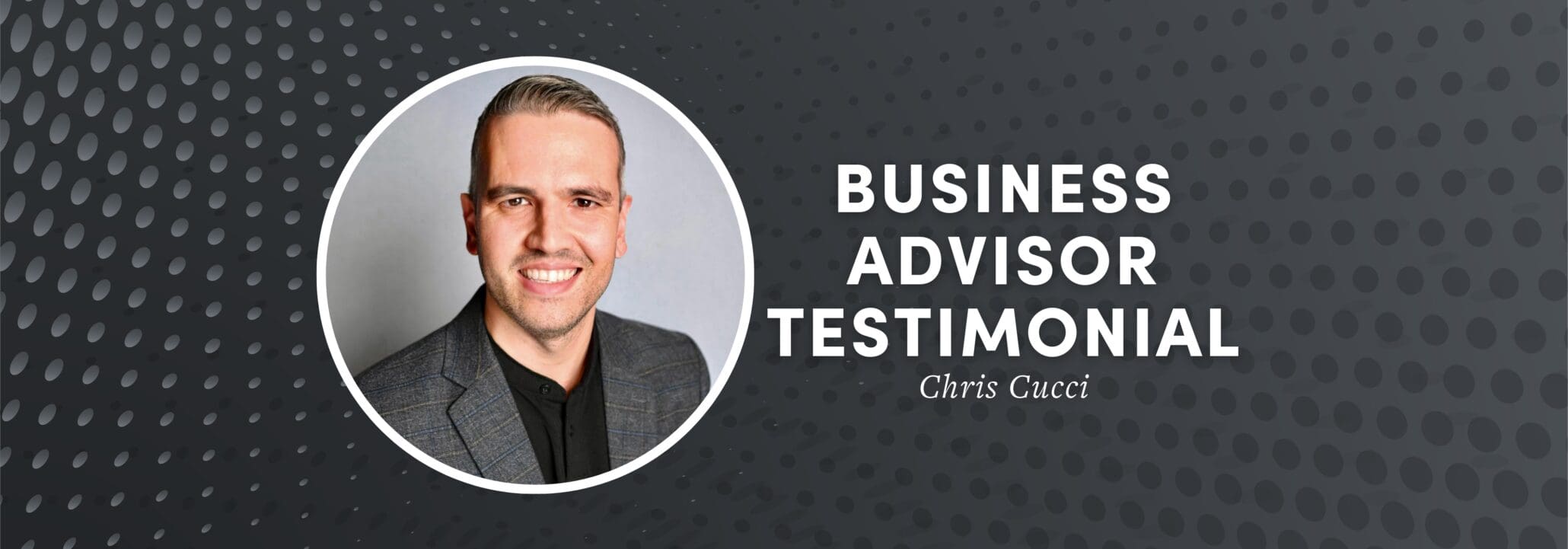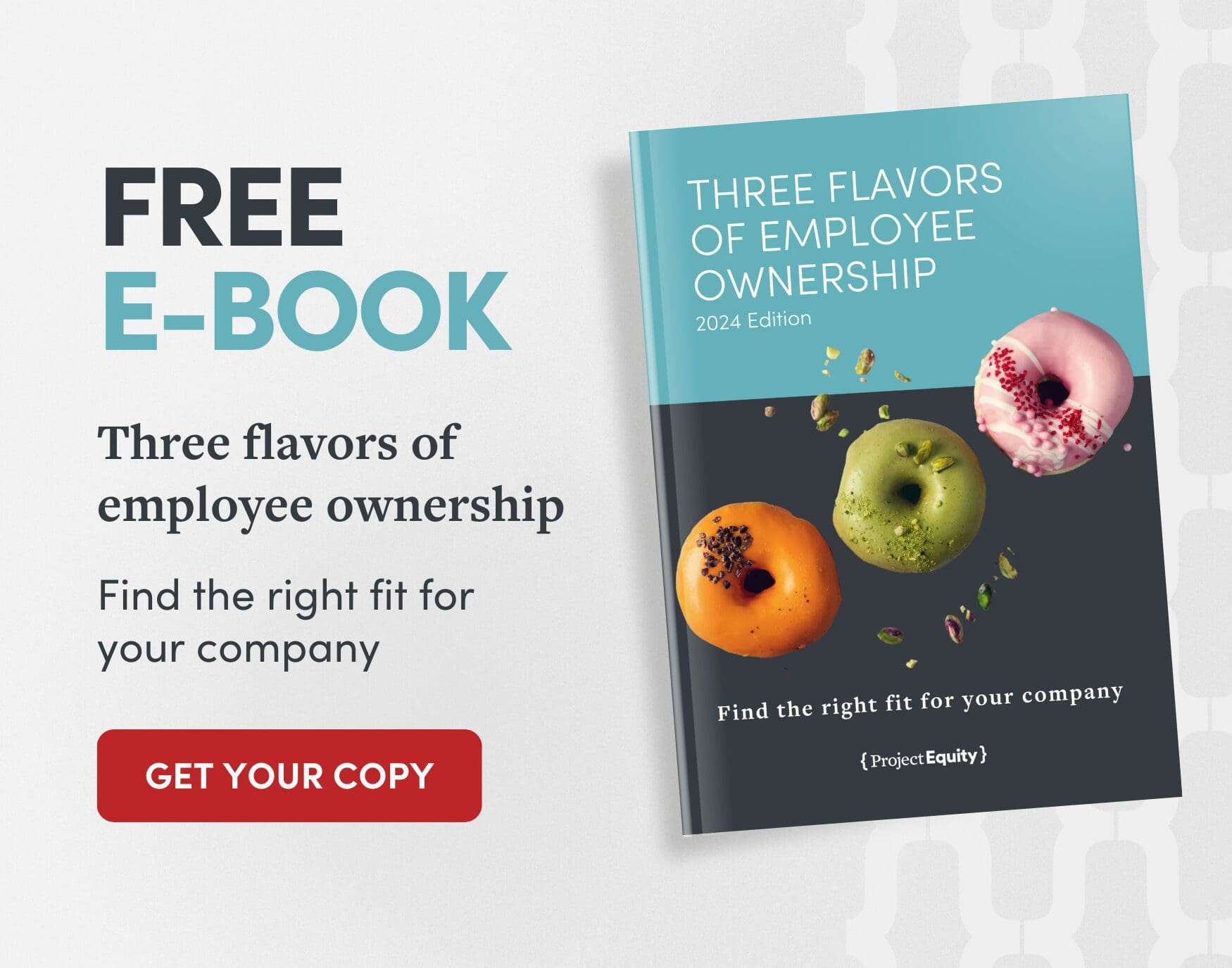Why I became a Certified Employee Ownership Advisor
- Project Equity
Chris Cucci is the executive vice president and chief strategy officer at Climate First Bank. Here’s his review of the Certified Employee Ownership Advisor (CEOA) Program, an accredited employee ownership certificate program for business advisors.
What inspired you to pursue the Certified Employee Ownership Advisor program, and how did it align with your professional goals as a business advisor or financial planner?
I had my first exposure to employee ownership finance about a decade ago, but it really accelerated in the past few years when we decided to start a dedicated line of business for ESOP [Employee Stock Ownership Plan] and worker-owned coop finance at Climate Bank.
How has becoming a Certified Employee Ownership Advisor impacted your work with clients?
I love learning and find the nuances of the various employee ownership models to be diverse and complex. The CEOA program was valuable to me in helping to better understand the differences between various models.
Can you share a specific example of how this certification has benefitted your clients?
The certification has been a benefit as I’m able to be a better advisor to clients in the early stages. I typically like to start with a consultation meeting to better understand their priorities and then make an introduction to an advisor who is more specialized to guide them through the process so I can circle back to assist with financing when the time comes. By being there from the beginning of the transaction until it finalizes, I’m able to be a better trusted advisor to my clients.
How do you think employee ownership benefits businesses, and how do you convey this value to your clients?
Employee ownership reduces turnover, makes companies more attractive to new talent, and facilitates an environment where people come to work every day with an understanding and appreciation of how their work contributes to the greater goals of the company and how that impacts them and their colleagues financially.
For the seller, it creates an opportunity to transition the company to those people who helped them make it what it is and to maintain the brand and culture that is part of their professional legacy, rather than facing a traditional sale which often results in less satisfaction for those legacy employees post-closing.
What was the most valuable aspect of the program for you—whether it was the curriculum, the community or the practical application of the content?
Practical application of the content was most helpful for me. I find myself going back and reviewing the materials from time to time as well.
What advice would you give other business advisors or financial planners considering this program? How has it positioned you as a thought leader in your field?
This program provides you with the opportunity to better understand employee ownership and at a pace that is manageable for someone who is working full-time with a busy personal and professional life. The information that is shared will be something that you refer back to often and find yourself using with clients consistently.
Ready to jumpstart your employee ownership journey? Learn more about the CEOA Program or browse all of Project Equity’s learning programs.
About Chris Cucci
Chris Cucci has dedicated his career, spanning over two decades, to middle market and commercial real estate banking where he’s had the opportunity to finance transactions across the nation. He serves as EVP, Chief Strategy Officer at Climate First Bank where he leads strategic initiatives and the development and monetization of new business lines in mission-aligned sectors including commercial solar, employee ownership finance, and more. Cucci also serves as Senior Advisor at OneEthos, fintech affiliate to Climate First Bank, where he enables community lenders nationwide to provide mission-driven financial solutions driven by technology. Active in the community, he serves on the board of CCIM FL Central District and as board chair for Osceola Community Health Services, a federally qualified healthcare center providing services to uninsured and underinsured people in the community. His prior work experience includes commercial banking and leadership roles at South State Bank, Wells Fargo, and JPMorgan Chase.


